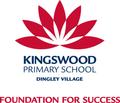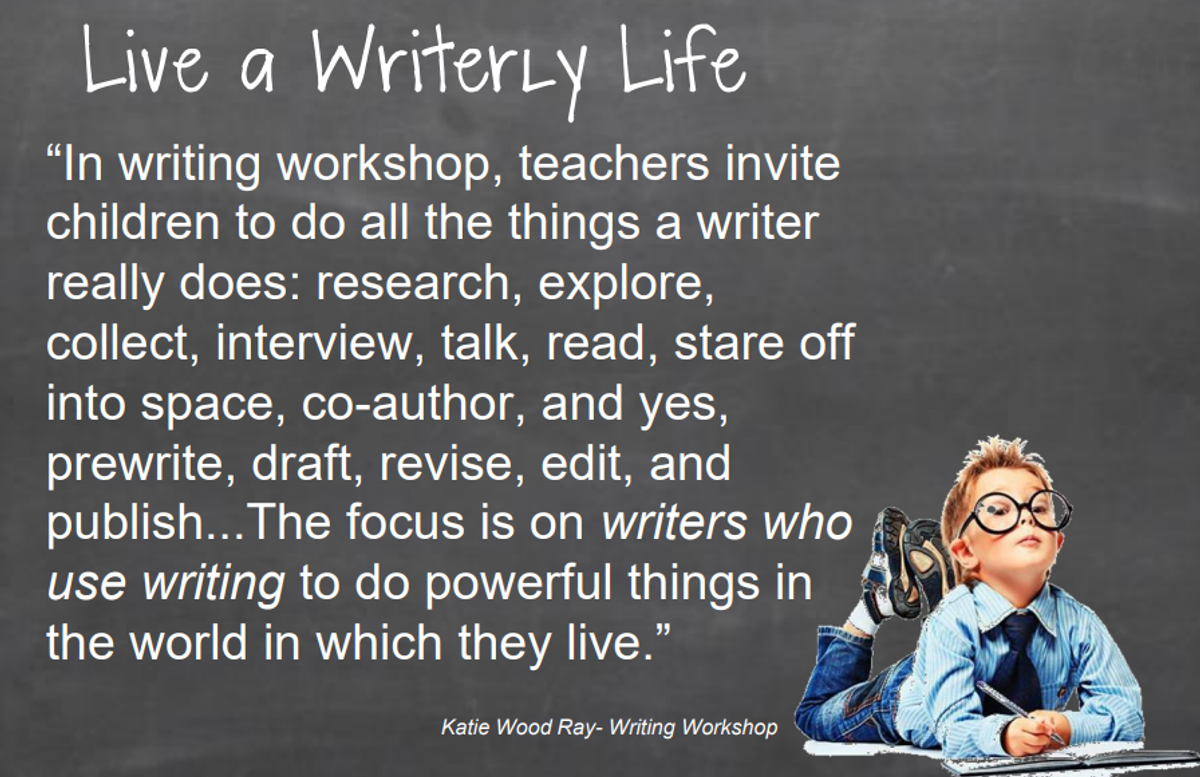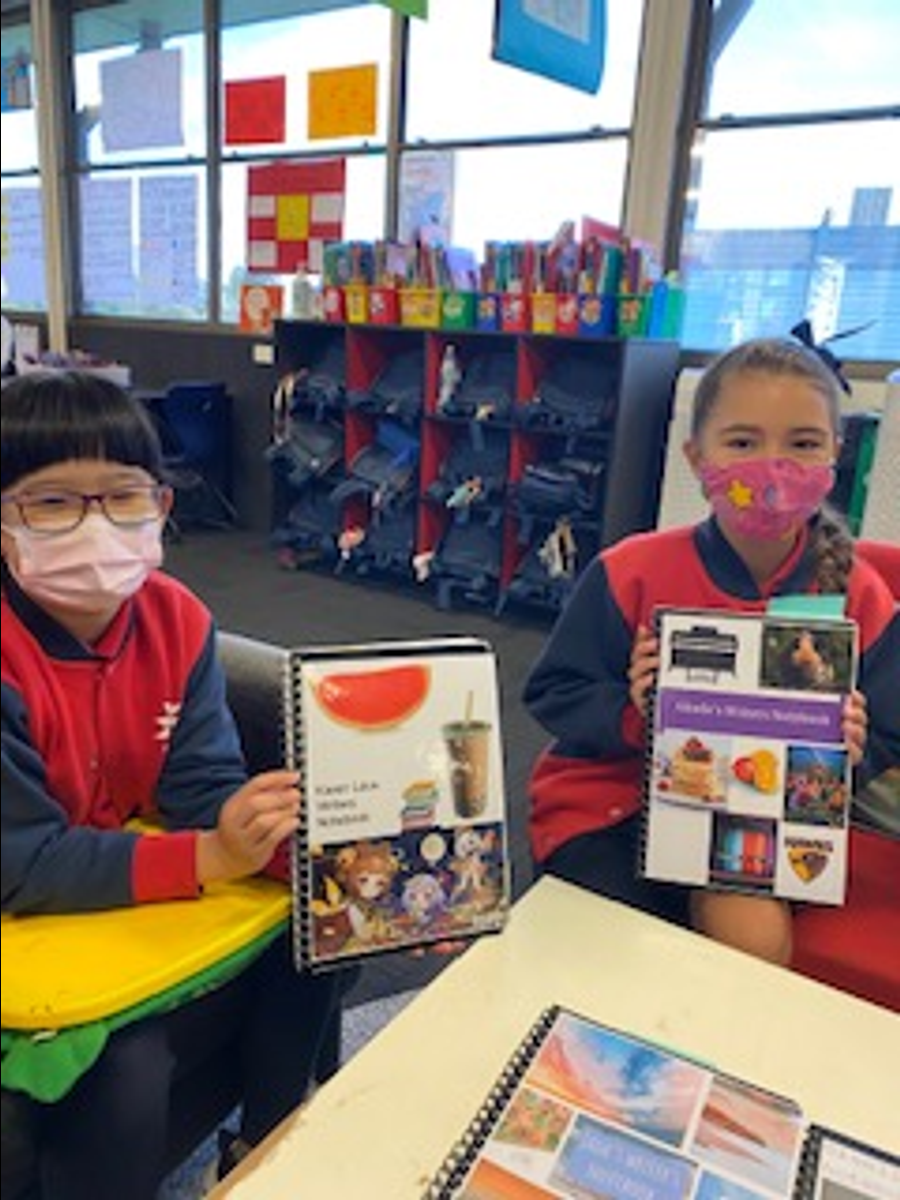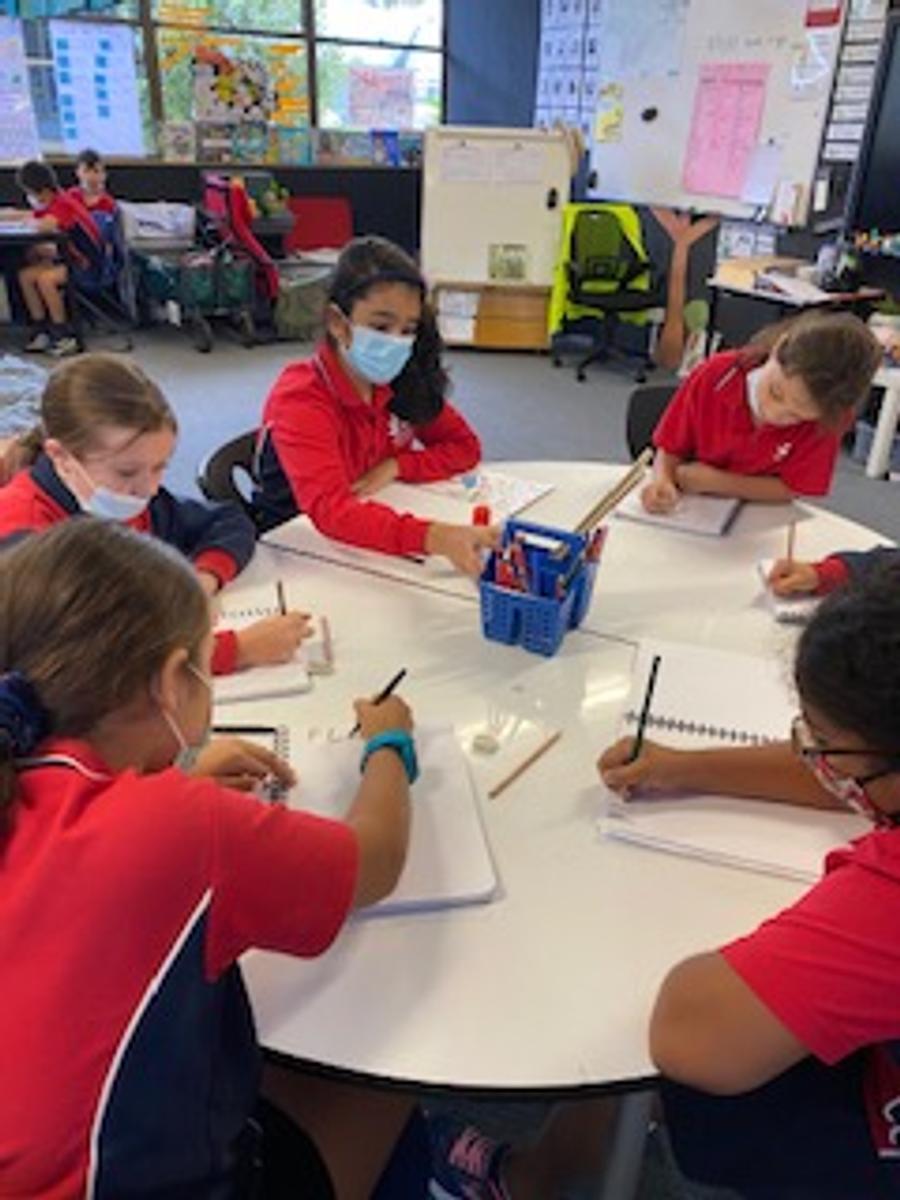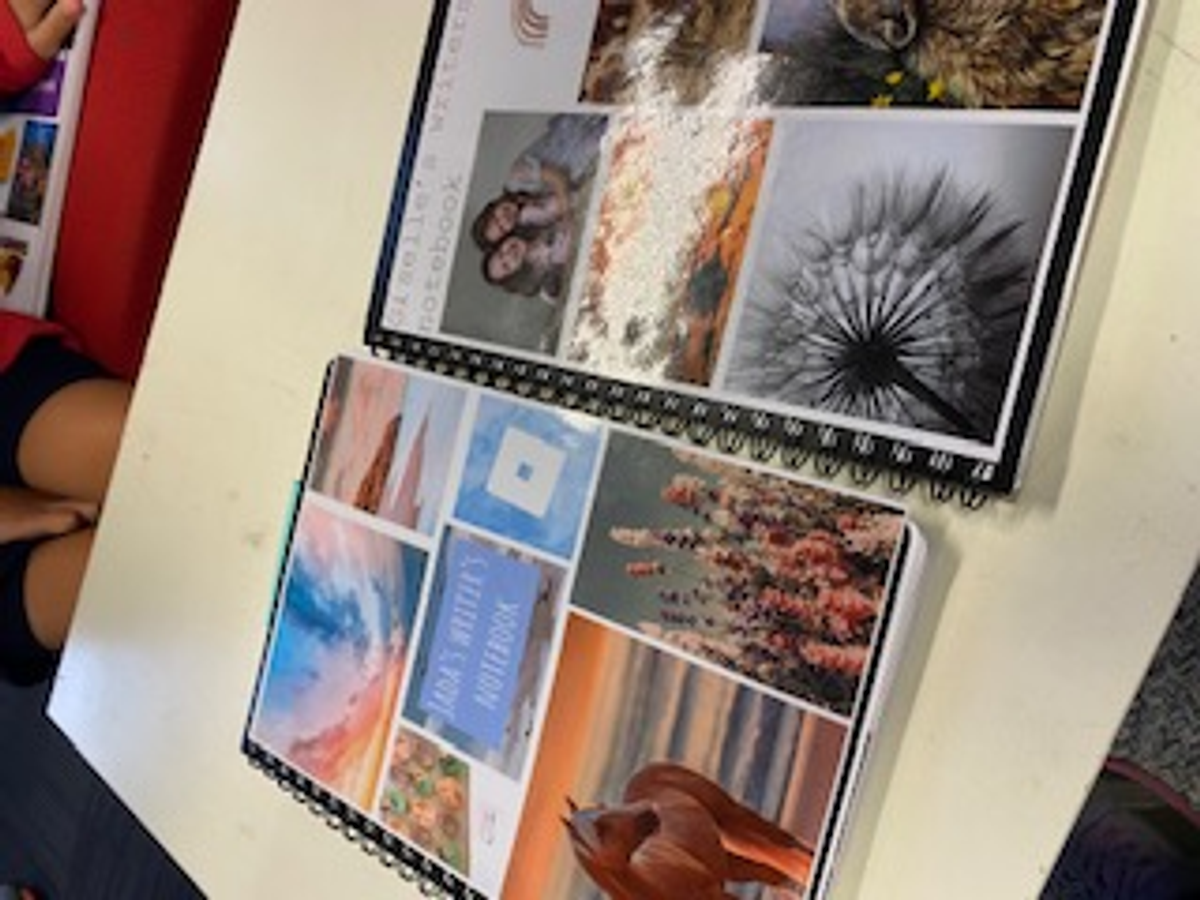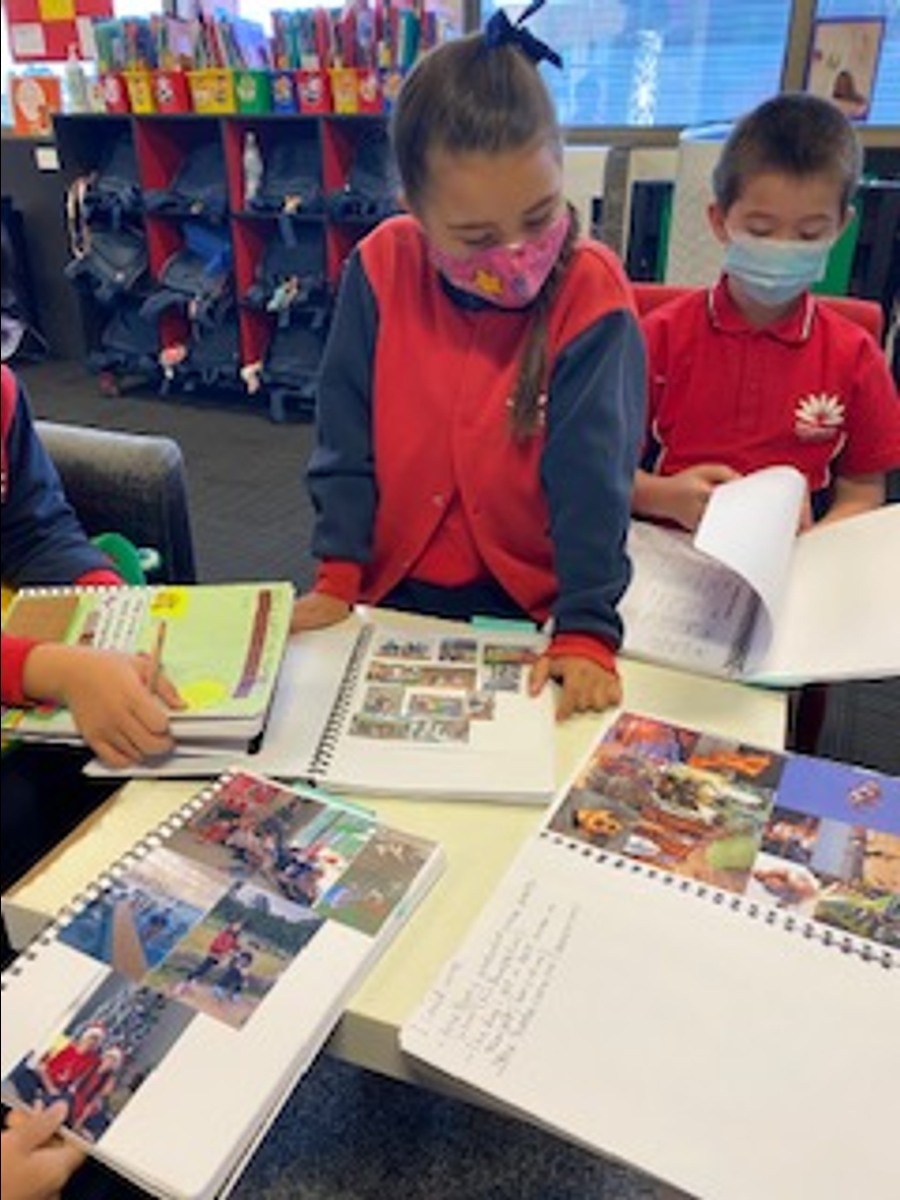Assistant Principal
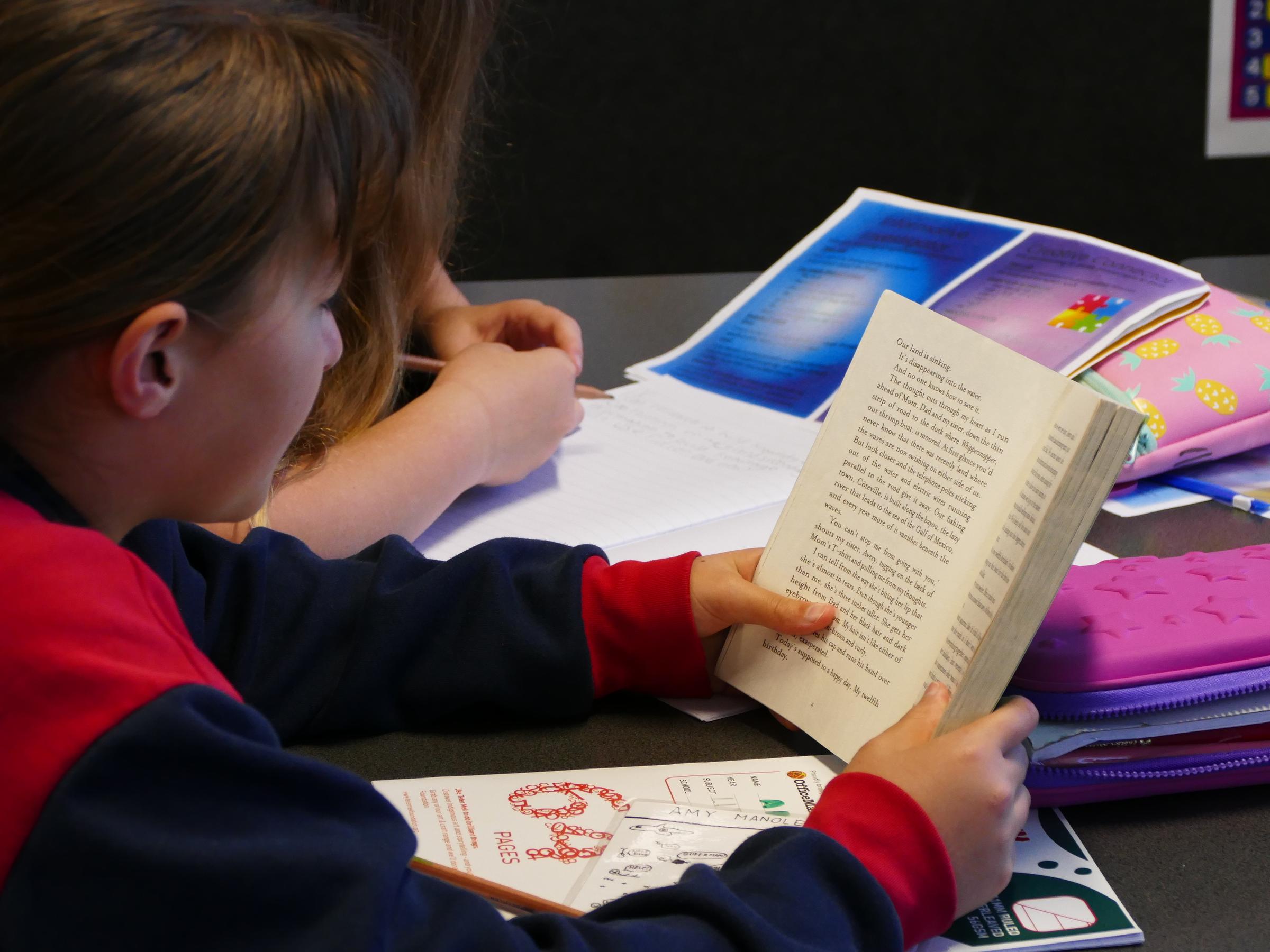
Sharon Lomas
Assistant Principal
Kingswood Writer’s Workshop
In 2022, Kingswood Primary School is shining a light on improving student writing by implementing the Writer’s Workshop Model across the school.
A Writer’s Workshop is simply a lesson in which writers come together to generate and experiment with ideas, share their work and get feedback from the teacher and their peers. I have facilitated thousands of workshops and I’m not exaggerating when I say that the Workshop Model is magical in its ability to motivate students to write.
During the workshop, the students experience one of the essential purposes of writing, which is to have the opportunity to convey ideas in words to an audience. An audience provides feedback on a student’s writing and supports the growth of the budding author. The teacher leading a mini-lesson also exposes students to different writing genres and styles. Furthermore, a positive workshop environment helps students to recognise their personal strengths as a writer. Students learn about the process of writing and that writing can always be changed and improved. Finally linked to our whole school development of growth mindset students learn that all writers struggle and that there are many ways to work through those difficulties.
Year 4 student quotes about their writer’s notebooks and the workshop:
Jasper: I like to publish my best writing and even finish my publishing at home!
Jada: I like writing my ideas and being creative.
Thomas: I like the workshop because you can choose any story and endless possibilities.
Millie: I can list my ideas and then think of ways to present them, such as a poem, movie, or an information text.
In our Writing Workshop the students:
- participate in a mini lesson where the teacher offers instructions on a writing strategy or technique to try.
- confer with the teacher on his/her piece of writing and the next steps for growth as a writer.
- have a group or individual writing goal.
- use a writer’s note book to generate and gather writing ideas and trail different types of writing.
- work through the writing process, which includes revising and editing.
- publish a selected piece of writing and celebrate by sharing his/her work with an audience.
Ways to support your child’s writing life
- Ask your child to tell you stories, and help them structure the stories into a beginning, middle, and end format. Your interest will inspire him/her to want to add the details that make it a story, and telling stories is an important precursor to writing stories.
- Tell your child stories–ones from your childhood, ones from your days– He/she will love hearing about your life and listening to stories will help develop the understanding of how to tell stories.
- Share any form of writing you do with your child–lists, notes, letters–they all help children realize the importance of writing.
- Give your child opportunities to tell you about what they know. If your child is an expert at Lego, encourage him/her to tell you about it. The more organized the explanation, the better, as this practice will help him/her develop informational writing pieces.
- Encourage your child to persuade or argue with reasons and evidence. Need a new pair of shoes? Convince me! Why do you need a new pair of shoes, and how can you tell? What will happen if you don’t get a pair of new shoes? How will your life improve? This sounds silly, but this type of thinking and speaking will dramatically help your child when she/he’s learning to write opinion pieces.
- Point out the revision process in anything you do together. If you are building blocks, sometimes you make a different decision about the foundation. If you are cooking, you might add more salt. If you are painting a picture, you might need to start over. These are revision decisions that build flexibility of thought and are critical for writers of all ages and stages.
- Read. Read more. Stop and gasp when you read something beautiful. Stop and laugh when you read something funny. Stop and groan when you read something goofy. Your child will pick up on crafty moves and amaze you because they will show up in his/her writing. Make the question “How did the writer do that?” part of your repertoire as you read with children.
